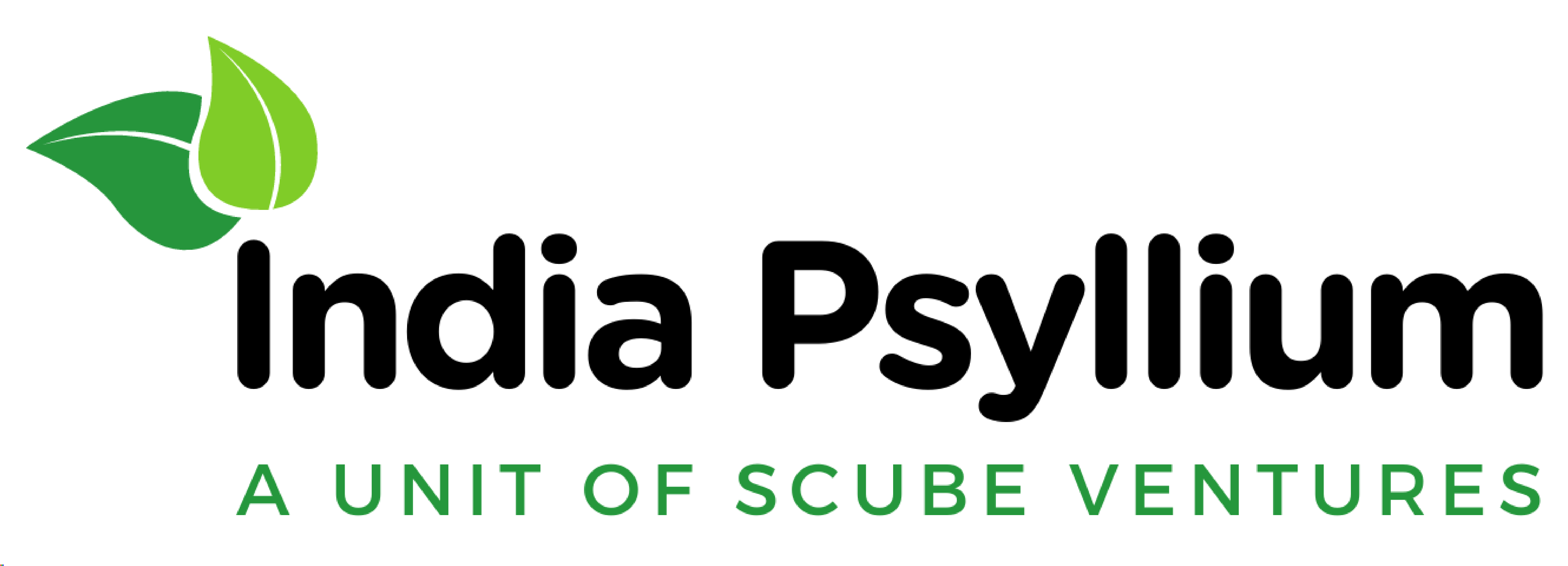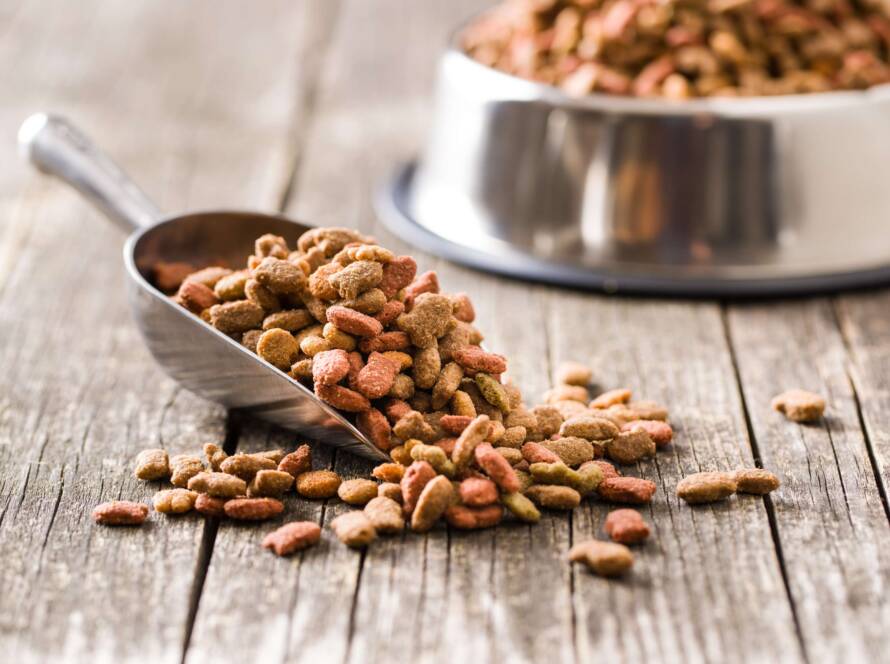How Trade Policies and Tariffs Impact Psyllium Export Business
The global psyllium industry is booming, with rising demand across nutraceuticals, functional foods, animal nutrition, and pharmaceuticals. However, behind the scenes, trade policies, tariffs, and regulatory barriers play a critical role in shaping how exporters operate and how easily buyers can access this natural fiber.
For exporters like India Psyllium, understanding the trade environment is essential to ensuring seamless global supply. Let’s explore how policies and tariffs affect the psyllium export business and what buyers should know before engaging in international trade.
📑 1. Why Trade Policies Matter in Psyllium Exports
- 📦 Product classification (whether psyllium is treated as a dietary supplement, food additive, or agricultural product).
- ✅ Quality certifications required (ISO, HACCP, GMP, FSSAI, USDA Organic).
- 💰 Tariffs, duties, and taxes applied on import.
- 🌿 Sustainability and traceability compliance.
Even a minor policy change can impact pricing, delivery timelines, and overall buyer confidence.
💰 2. Tariffs and Duties: How They Affect Costs
- Low or Zero Tariffs: Regions like the EU often provide reduced tariffs for agricultural imports from India under preferential trade agreements.
- High Tariffs: In countries with protectionist policies, psyllium may face duties that raise costs significantly.
- Seasonal Tariffs: Some markets adjust tariffs based on harvest cycles or domestic demand.
👉 For buyers, this means sourcing psyllium from exporters who optimize supply chains to minimize tariff-related costs.
🌐 3. Regional Trade Insights
- United States 🇺🇸
Strong demand for dietary fiber supplements.
Importers must comply with FDA regulations and labeling requirements.
Tariffs are moderate but subject to changes under trade negotiations. - European Union 🇪🇺
Relatively low tariffs under India-EU trade agreements.
Strict focus on clean-label and organic certifications. - Asia-Pacific 🌏
Markets like China, Japan, and South Korea require custom documentation, phytosanitary certificates, and strict residue testing.
Tariff rates vary but are generally higher than EU. - Middle East & Africa 🌍
Growing demand for psyllium in animal feed and dietary products.
Import duties can be high, but free trade agreements often reduce costs for Indian exporters.
📦 4. Non-Tariff Barriers (NTBs)
- 🔎 Strict labeling rules (nutritional claims, allergen statements).
- 🧪 Residue and contamination limits (ensuring pesticide-free psyllium).
- 🌱 Sustainability certifications for eco-conscious buyers.
- 📑 Lengthy customs clearance due to documentation requirements.
These NTBs often increase compliance costs, but exporters like India Psyllium overcome them with globally recognized certifications and transparent traceability systems.
🚢 5. How Exporters Can Navigate Policy Challenges
- Diversifying Markets 🌎: Relying on multiple regions reduces the impact of tariff hikes in one country.
- Private Label Services 📦: Offering packaging and branding aligned with import country labeling laws.
- Digital Trade Platforms 💻: Using blockchain and digital traceability for faster customs clearance.
- Government Trade Support 🤝: Leveraging Indian export promotion councils and trade agreements to minimize costs.
🌿 India Psyllium: Trusted Exporter in a Complex Trade World
- ✅ Compliance with FDA, EU, APAC, and Middle East import standards.
- ✅ Transparent documentation for smooth customs clearance.
- ✅ Competitive pricing despite tariffs, thanks to efficient supply chain strategies.
- ✅ Long-term partnerships with global buyers built on trust and consistency.
🔮 Final Thoughts
The future of psyllium trade depends not just on consumer demand but also on how well exporters and buyers navigate the maze of policies and tariffs. For bulk buyers and nutraceutical brands, partnering with a certified and experienced exporter like India Psyllium ensures product reliability, cost efficiency, and regulatory compliance. 👉 In an unpredictable trade environment, one thing remains certain: the global demand for psyllium will keep growing, and exporters who adapt to policy shifts will lead the market.



